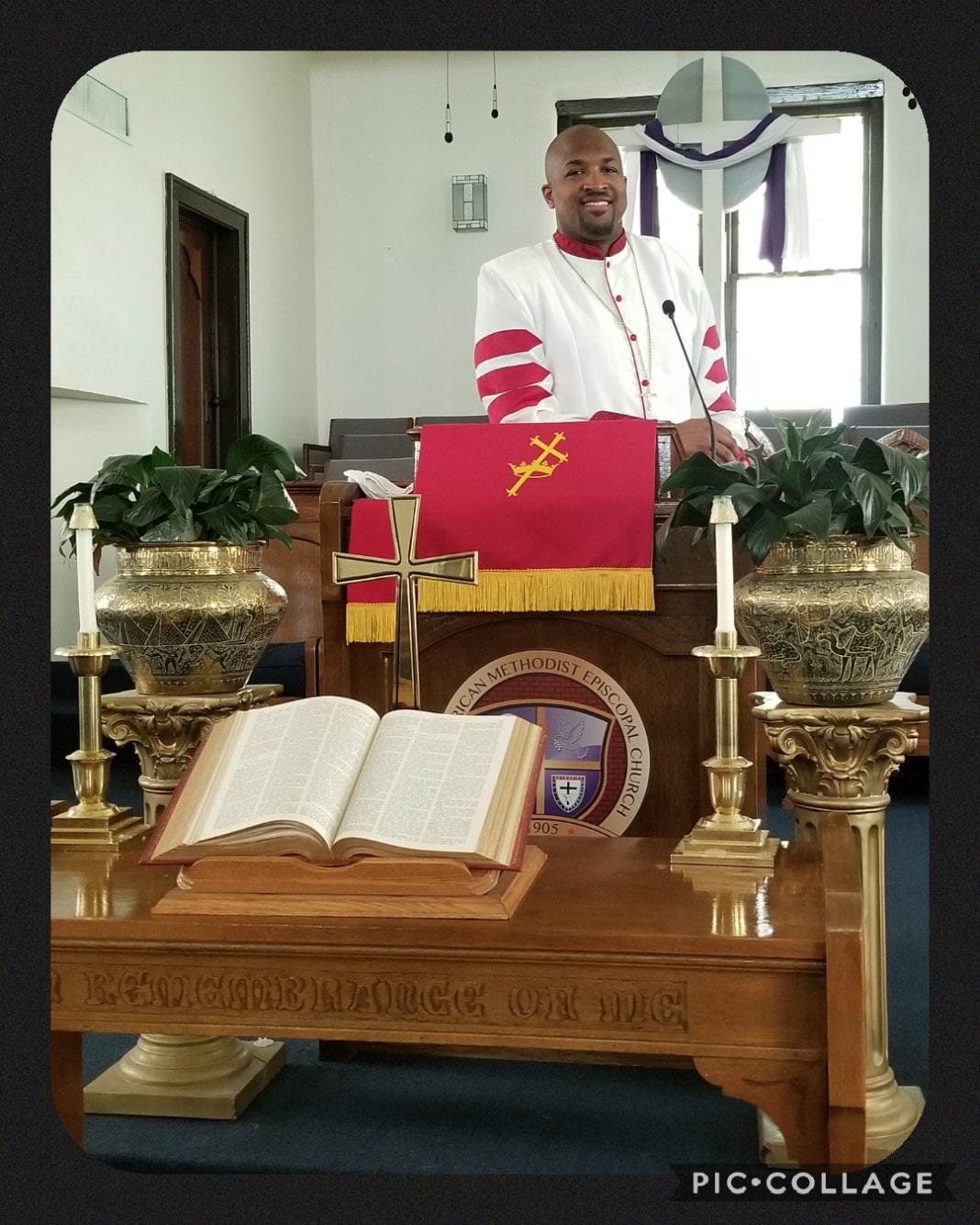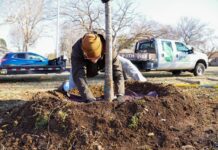The Rev. Robert Turner, Ph.D., doesn’t mind admitting he’s tired. For more than a year, the senior pastor of Greenwood’s Historic Vernon Chapel African Methodist Episcopal Church, and many of his congregants, have been burning the candle at both ends.
It started with the pandemic, which robbed church members of employment and, generally, added to the stress level of many people in North Tulsa; Vernon Chapel responded with food.
“The working poor, the unemployed, the unhoused, they all come,” says Turner. “Seventy to 100 people every day.”
The summer of 2020 also brought a ramped-up Black Lives Matter movement, a presidential campaign rally that complicated Tulsa’s Juneteenth celebration, and the one-year countdown to the Tulsa Race Massacre centennial, which included a cemetery search for victim graves and more people than ever wanting to tour Vernon Chapel to see the basement that survived those two days of terror.
Social and political activism is necessary – often invigorating – but it’s also hard work.
“It’s taken a toll,” says Turner in early June.
But he does have a means of escape from the stress: Hospital visits. When his parishioners fall ill, he’s there.
“I love it,” he says, perking up. “That’s my favorite.”
Turner was attending law school at the University of Alabama when “God called me to preach his gospel.” He withdrew from law school and enrolled in the seminary, eventually earning a master’s in divinity and a doctorate in ministry.
His AME bishop sent he and his wife, Shere, and their two sons to Tulsa in 2017. He calls the 135-member Vernon Chapel “a church of the community.” Most members either grew up in the congregation or live within a 10-minute drive, he says.
Sermons with themes of resilience and hope appeal most to his congregants, as “we still are in a traumatized community that has seen so much,” he says.
Seated in the pews are people who don’t find it easy to talk about their heartaches. Listed on the rolls are descendants of race massacre survivors, people who still struggle to understand how God could have allowed it to happen.
“I hope they leave there with less hurt and a lot more hope,” he says.


























